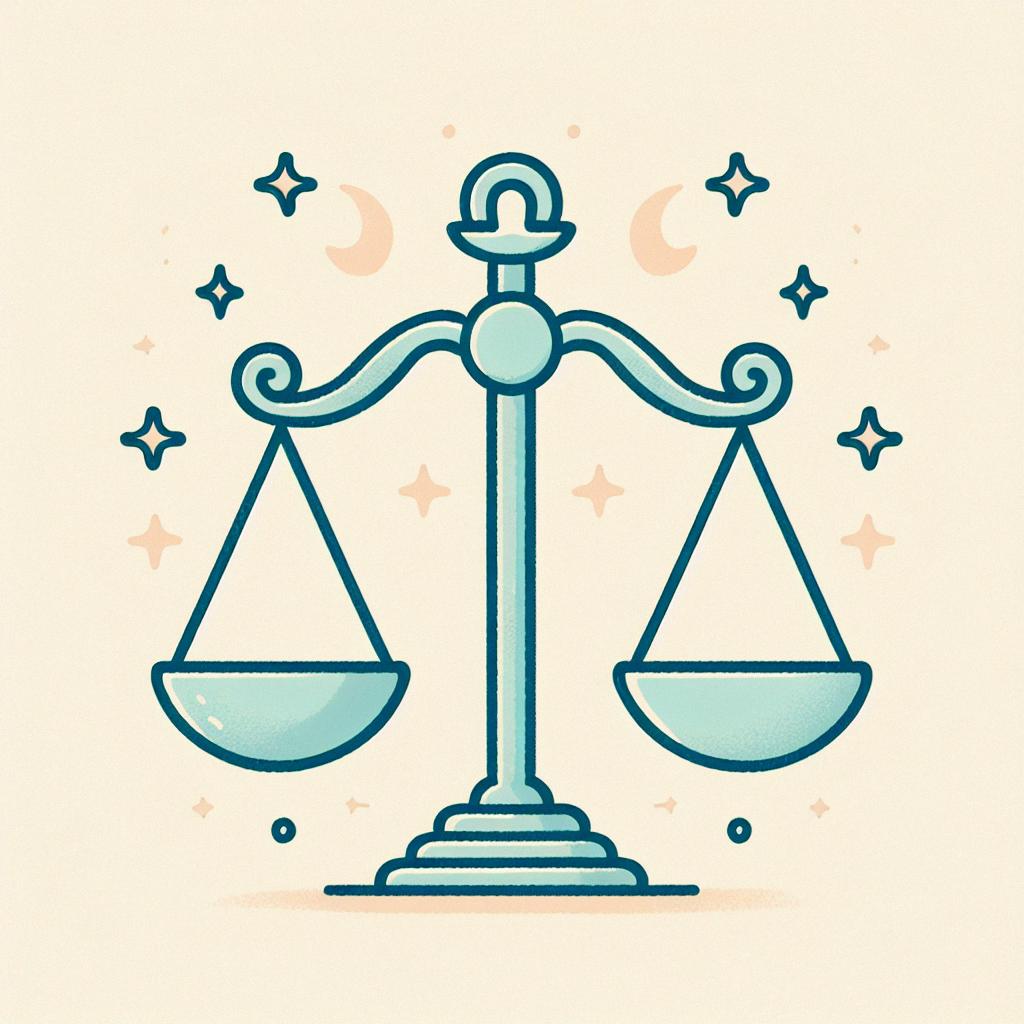When it comes to measuring weight and mass, the units of kilograms and pounds play a crucial role in everyday life. Understanding the difference between these two units is essential for various purposes, whether you’re cooking in the kitchen or calculating weights in a scientific experiment.
Defining the Kilogram
The kilogram, represented by the symbol ‘kg’, is the base unit of mass in the International System of Units (SI). It is defined as the mass of a specific platinum-iridium alloy cylinder kept at the International Bureau of Weights and Measures in France. The kilogram is widely used around the world, especially in scientific and industrial settings.
Exploring the Pound
On the other hand, the pound, denoted by ‘lbs’ or ‘lb’, is an imperial unit of mass commonly used in the United States and other countries that follow the imperial system. Originally, the pound was defined as the mass of a specific quantity of barley, but it has since been standardized to a specific value.
Conversion Factor
As mentioned earlier, one kilogram is equivalent to approximately 2.2 pounds. This conversion factor is important when converting between the two units. For example, if you have a measurement in kilograms and need to convert it to pounds, you would multiply the number by 2.2 to get the equivalent weight in pounds.
Practical Applications
Understanding the difference between kilograms and pounds is essential for various practical applications. For instance, when following a recipe that uses metric measurements, you may need to convert the ingredients from pounds to kilograms or vice versa to ensure accurate results.
Medical and Fitness Industry
In the medical and fitness industries, weight is often measured in both kilograms and pounds. While kilograms are more commonly used in medical settings due to their precise measurements, pounds are frequently used in fitness centers and gyms to track weight loss or gain.
Exercises and Weightlifting
When it comes to exercises and weightlifting, the choice between using kilograms or pounds depends on personal preference and familiarity. Some individuals prefer working with kilograms for their simplicity, while others may find it easier to work with pounds during their workouts.
Market Weight Measurements
In the market, especially when purchasing groceries or other goods, you may encounter weight measurements in both kilograms and pounds. Understanding how to convert between the two units can help you make informed decisions when buying products based on weight.
Scientific Research
Scientists and researchers often work with precise measurements, making the use of kilograms or pounds essential in their work. Whether calculating the weight of materials in a laboratory or analyzing data in a research study, knowing how to accurately convert between units is crucial.
Historical Significance
Both kilograms and pounds have historical significance in the development of measurement systems. The pound has been used for centuries in various forms, while the kilogram’s definition has evolved over time to become a standardized unit of mass in the modern world.
Global Usage
While the pound is primarily used in countries following the imperial system, such as the United States and the United Kingdom, the kilogram is the standard unit of mass in most parts of the world. Understanding the difference between these two units is essential for global communication and collaboration.
Conclusion
In conclusion, the distinction between kilograms and pounds lies in their historical origins, definitions, and global usage. Whether you’re working in a scientific laboratory, preparing a meal in the kitchen, or monitoring your weight at the gym, knowing how to navigate between these two units of mass is key to accurate measurements and effective communication.

